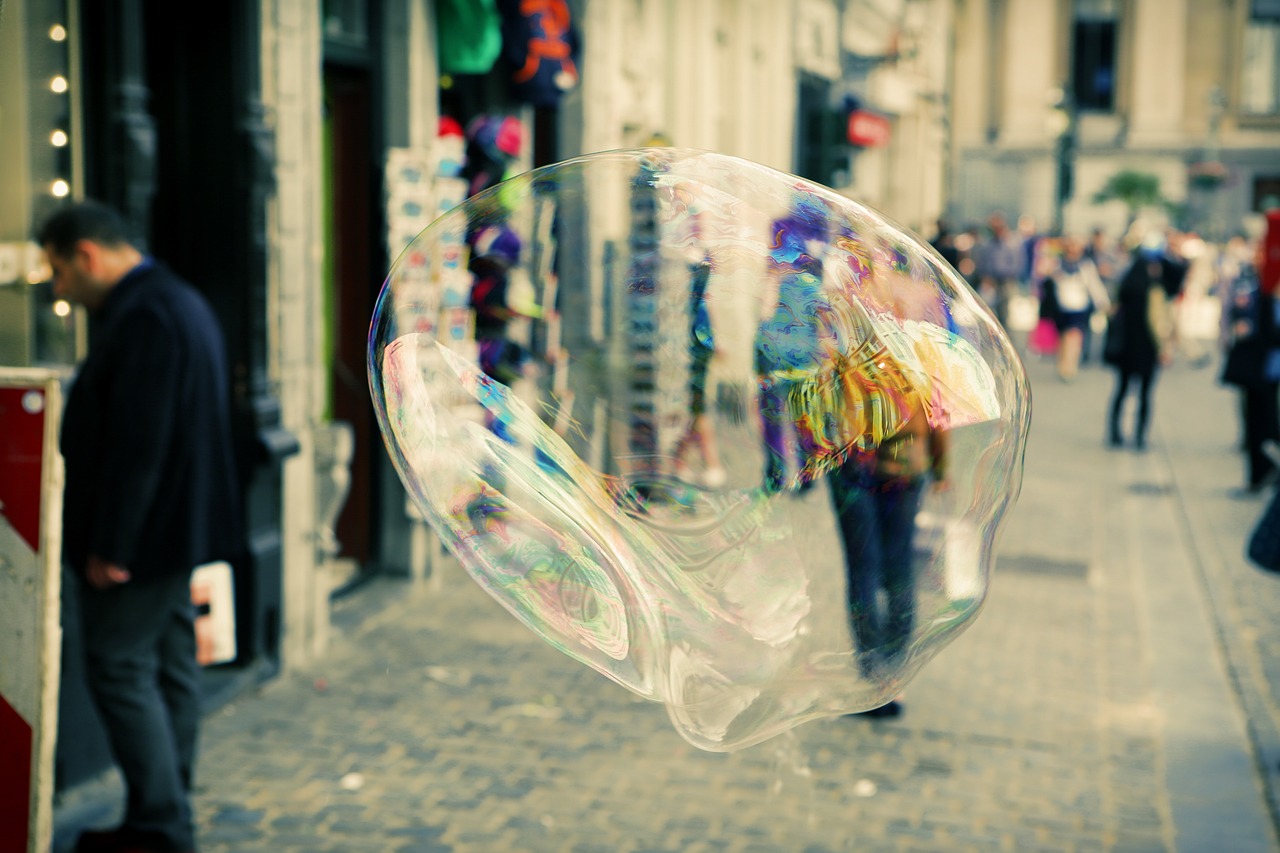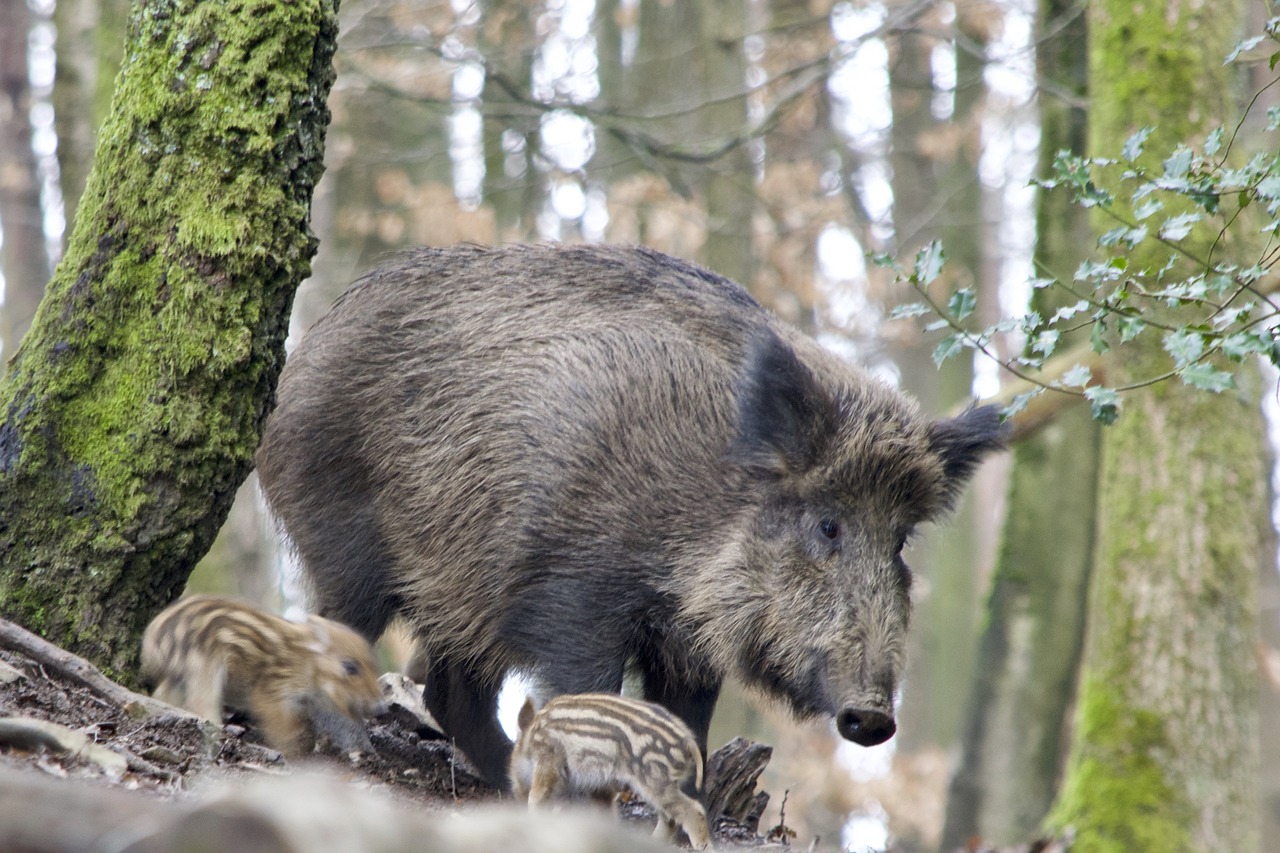Belgium Video
Cultural Sensitivities: Understanding Local Norms in Belgium
Belgium, a country known for its rich history, diverse culture, and stunning architecture, is a popular destination for tourists from around the world. However, it is essential to be aware of the local norms and cultural sensitivities to ensure a respectful and enjoyable visit. This article will provide an in-depth understanding of Belgium’s cultural nuances, covering various aspects such as greetings, dining etiquette, language, and more.
Greetings and Social Etiquette
When meeting someone in Belgium, it is customary to greet them with a handshake. Maintain eye contact while greeting, and address the person using their title and surname unless they suggest otherwise. Belgians value personal space, so it is essential to respect their boundaries. Avoid physical contact unless you have a close relationship with the individual.
- Kissing on the Cheek: In some regions, particularly in French-speaking areas, it is common to greet friends and family members with a kiss on each cheek. However, this practice may not be as prevalent in other parts of the country.
- Formality: Belgians generally appreciate formalities and politeness. Using “please” (s’il vous plaît) and “thank you” (merci) when interacting with locals is considered polite and respectful.
- Punctuality: Being punctual is highly valued in Belgium. Arriving a few minutes early for appointments or social gatherings is considered good etiquette.
Dining Etiquette
Belgium is renowned for its culinary delights, and experiencing the local cuisine is a must during your visit. Familiarizing yourself with Belgian dining etiquette will ensure a smooth and enjoyable dining experience.
- Table Manners: When dining in a formal setting, wait for the host to start eating before you begin. Keep your hands on the table and avoid resting your elbows. It is customary to finish everything on your plate as a sign of appreciation.
- Toast and Cheers: When toasting, maintain eye contact with each person and clink glasses gently. It is customary to say “Santé!” (French) or “Proost!” (Dutch), which mean “Cheers!”
- Tipping: Tipping in Belgium is not obligatory as a service charge is usually included in the bill. However, leaving a small tip as a token of appreciation is common.
Language and Communication
Belgium has three official languages: Dutch, French, and German. The language spoken in a particular region depends on its location.
- Dutch: In the northern region of Flanders, Dutch (Flemish) is predominantly spoken. Basic knowledge of Dutch phrases such as greetings and polite expressions will be appreciated by the locals.
- French: The southern region of Wallonia primarily speaks French. Learning a few basic French phrases will go a long way in communicating with locals and showing respect for their language and culture.
- German: A small portion of Belgium near the eastern border is German-speaking. While not as widely spoken, knowing a few German phrases can be helpful when visiting these areas.
Religious Customs
Belgium has a diverse religious landscape, with Roman Catholicism being the dominant religion. Understanding and respecting the religious customs is important during your visit.
- Churches and Cathedrals: When visiting religious sites, it is essential to dress modestly and maintain a respectful demeanor. Keep in mind that some churches may require visitors to cover their shoulders and legs.
- Religious Holidays: Belgium celebrates various religious holidays, including Easter and Christmas. It is advisable to familiarize yourself with these holidays and their significance to respect local traditions.
Public Behavior and Etiquette
To ensure a positive experience in Belgium, it is important to be aware of the country’s public behavior and etiquette norms.
- Queuing: Belgians value orderly queues and expect others to do the same. Always wait for your turn and avoid skipping the line.
- Personal Space: Belgians appreciate personal space and tend to stand a bit farther apart during conversations. Avoid standing too close to others unless you have a close relationship.
- Smoking: Belgium has strict smoking regulations. Smoking is generally prohibited in public indoor spaces, including restaurants, bars, and public transportation.
Image 1: Belgium

Local Customs and Traditions
Belgium is rich in customs and traditions, each region having its own unique celebrations and practices.
- Carnival: Carnivals are popular throughout Belgium, with vibrant parades, costumes, and music. The Carnival of Binche, recognized as a UNESCO Intangible Cultural Heritage, is a highlight.
- Beer Culture: Belgium is known for its exceptional beer culture, with a wide variety of breweries and beer styles. Beer is often served in specific glassware, and locals take pride in their brewing traditions.
- Chocolate: Belgium is renowned for its high-quality chocolate. Visiting a chocolate shop, known as a “chocolatier,” and indulging in exquisite Belgian chocolates is a must for any visitor.
Image 2: Belgium

Environmental Awareness
Belgium places great importance on environmental sustainability and cleanliness. As a visitor, it is crucial to be mindful of these values.
- Recycling: Belgium has an extensive recycling system, and it is expected that visitors follow proper recycling practices. Look for designated bins for different types of waste.
- Public Spaces: Keep public spaces clean and tidy by disposing of trash in designated bins. Avoid littering and respect the natural beauty of parks, lakes, and rivers.
Cultural Events and Festivals
Belgium hosts numerous cultural events and festivals throughout the year, showcasing its rich heritage and diverse traditions.
- Ghent Festival: The Ghent Festival is a vibrant, ten-day celebration featuring live music, street performances, and parades. It is one of the largest cultural events in Belgium.
- Brussels Flower Carpet: Every two years, the Grand Place in Brussels transforms into a stunning flower carpet, attracting visitors from around the world. This floral spectacle is a sight to behold.
- Antique Markets: Belgium is renowned for its antique markets, offering a treasure trove of vintage finds. The Tongeren Antique Market, held every Sunday, is the largest in the country.
Image 3: Belgium

Conclusion
By understanding and respecting the cultural sensitivities and local norms in Belgium, you can have a more enriching and respectful experience during your visit. From greetings and dining etiquette to language and customs, embracing the unique aspects of Belgian culture will enhance your connection with the locals and create lasting memories.
References
- visitbelgium.com
- belgium.be
- expatica.com
- visitflanders.com
- visitbrussels.be


